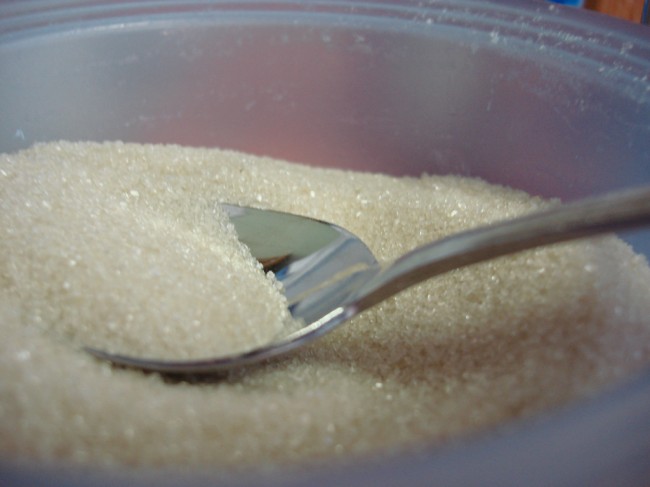
Josefa, 67, retired, never imagined that sugar, always one of the cheapest products there was in Cuba, could reach such high prices. When she went to the market, she saw at the counter the notice of unrationed sale: 8 pesos for a pound of white — or refined — sugar ($0.40 U.S.) and 6 pesos crude — or brown ($0.30 U.S.).
“It is an insult of the government, selling sugar that’s more expensive than on the black market. My pension is 200 pesos (9 dollars). Six months ago the electric rate went up, and every time they sell a product freely, its price multiplies by ten with respect to the same product in the ration booklet”, she says with disgust.
In the underground market, sugar customarily costs between 3 and 5 pesos per pound ($0.15 and $0.25 U.S.). By the ration card, a person gets 5 pounds a month, three refined or white and two raw or brown.
Average Cubans like Josefa are hopping mad. And they’re right. Besides sugar, unrationed sales of rice went up from 3.50 to 5 pesos per pound ($0.15 to $0.20 U.S.).
The measures to make the economy healthy and bring about its takeoff affect the retired and those who live from their salaries the most, those who don’t receive dollars or euros from relatives abroad. Around 35% of Cubans don’t receive hard cash. It takes a miracle to get two daily meals to the table and make the end of the month. These are the people who breakfast on coffee without milk and eat only one meal a day.
The poorest sectors of a country which has socialized misery, they also owe the State considerable sums of money for electric domestic appliances, like refrigerators (iceboxes), televisions and rice cookers, all bestowed by Fidel Castro in exchange for ancient appliances — some from the 1940-50 decade — with high electric energy consumption.
For Ricardo, 78, retired and an illegal seller of peanuts and cigarettes sold at bus stops, the high cost of living and the gradual disappearance of the ration booklet concern him a great deal.
“The government says that social cases and the elderly without resources won’t be unattended. But the truth is that for some time, coffee, cigars, beans, rice, and now sugar have gone up too much and at my house, no social worker has shown up. To top it all off, I owe the bank 12,000 pesos (500 dollars) for the television and the icebox (refrigerator) that they traded out for me six years ago. Of course, I’m not going to pay that debt. I receive a pension of 213 pesos (8 dollars) and I don’t have either children or relatives in Miami”, notes Ricardo.
The high price of sugar in the free market is intolerable. It can’t be justified by the stale excuse of the US embargo. For centuries, Cuba has been one of the largest producers of sugar in the world. When we were a Spanish colony, between 4 and 5 million tons of sugar were produced. We were self-sufficient and the sweet plant was the principal area of export.
Then came Fidel Castro with the discourse of a new nation, justice and equality for all. In his development strategy he thought about diversifying agriculture — the country was a producer of one product only — and creating robust industry. Neither happened. For a decade now, sugar production hasn’t exceeded two and a half million tons. And the internal consumption of 700,000 tons has a notable deficit.
Nobody can understand that on an island with a tropical climate — with huge extensions of land — fruits, vegetables, legumes, and sugar — seals of national identity, should be scarce. The retired Jofesa doesn’t think about paying 8 pesos a pound, “because it’s robbery and an abuse by this government”.
By eliminating the ration card, as the regime wants, Josefa and Cubans like her who depend on their pension, only have the option of sugar in the free market. Or drinking bitter coffee.
Translated by: JT
February 15 2011
